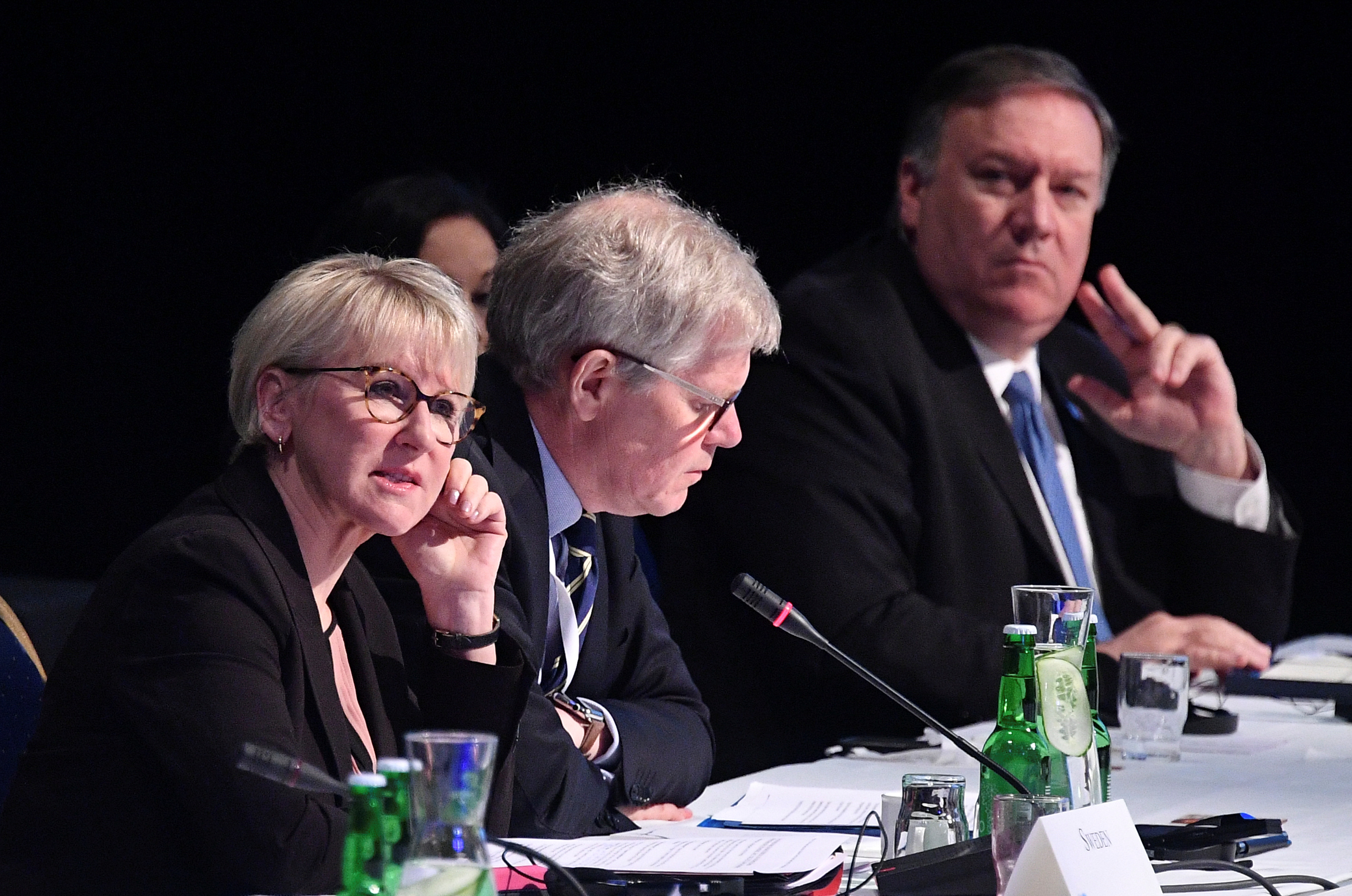How US policy threatens existing Arctic governance
Even as the Arctic Council's work has become more ambitious, the Trump administration threatens its climate change efforts.

The current international cooperation in the Arctic — and the structures that allow it — have grown in the past few decades. But now they find themselves at a crossroads, as I argue in a longer post in Polar Connection.
I have followed the evolution of Arctic international cooperation from its very beginning, with the conclusion of the 1991 Arctic Environmental Protection Strategy between the eight Arctic states and how it was merged to the Arctic Council in 1996.
This cooperation has become much more ambitious in the last few years. For instance, the Arctic Council has evolved as an inter-governmental forum in many ways. Its permanent secretariat started to function in Tromsø in 2013. It has already catalysed three independent legally binding agreements on search and rescue, oil spill preparedness and scientific co-operation. And it has also catalysed independent international organizations, such as the Arctic Economic Council, that can assist it in its work. Interest in the work of the Arctic Council has gained strength with a growing number of observers, now numbering 39.
Arctic states have also seemed to have shared interests in the Arctic to the extent that they have intentionally tried to keep the Arctic as a region of peace and international cooperation, despite their tensions elsewhere. This was visible when the Ukraine controversy and conflict broke out and sanctions regimes between the Arctic states ensued. This was not the end of Arctic co-operation, but exactly the opposite: Arctic Council co-operation became more ambitious and in general international co-operation in the Arctic even intensified.
Yet, now we are facing the first real test for the Arctic Council and Arctic international co-operation. The presidency of Donald Trump in the United States has already now challenged all the main pillars of Arctic cooperation. The U.S. did not accept the 2019 ministerial declaration at the close of the Rovaniemi meeting, because they did not want to even see the words “climate change” in the declaration — even if that phenomenon is the biggest problem in the region. This U.S. stance that for the first time in the history of the Arctic Council, the countries could not agree on a signed declaration. During the Finnish chairmanship of the Council 2017-2019, it was also clear that multilateral frameworks and international organizations, with which the Arctic Council normally co-operates, were seen by the U.S. representatives along the same lines as Trump sees them: useless or even harmful.
In a speech just before the ministerial meeting, the U.S. Secretary of State Mike Pompeo called out both China and Russia for their military activity (or potential activity) in the Arctic, portraying the region as one of strategic confrontation rather than peace and cooperation.
In my opinion, it is now time to face the reality. As long as Trump is the president of the United States — and especially if he is re-elected — we need to acknowledge that the climate change work in the Arctic Council is threatened. We need to also understand that we now have a government that is willing to breach the spirit of peace and international co-operation in the region and bring the general tensions it has with others elsewhere on the planet to the Arctic.
Those of us who deeply care about the Arctic Council and the future of the Arctic should be alert to what is happening and should do our utmost to speak to the values the Arctic Council represents.
Timo Koivurova is director of the Arctic Centre at the University of Lapland.
The views expressed here are the writers’ and are not necessarily endorsed by ArcticToday, which welcomes a broad range of viewpoints. To submit a piece for consideration, email commentary (at) arctictoday.com.